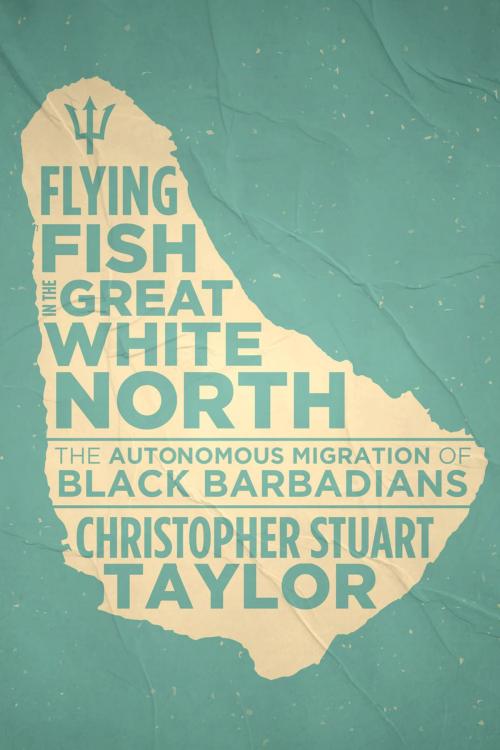Flying Fish in the Great White North
The Autonomous Migration of Black Barbadians
Nonfiction, History, Americas, Caribbean & West Indies, Canada| Author: | Christopher Stuart Taylor | ISBN: | 9781552669136 |
| Publisher: | Fernwood Publishing | Publication: | September 15, 2016 |
| Imprint: | Fernwood Publishing | Language: | English |
| Author: | Christopher Stuart Taylor |
| ISBN: | 9781552669136 |
| Publisher: | Fernwood Publishing |
| Publication: | September 15, 2016 |
| Imprint: | Fernwood Publishing |
| Language: | English |
Canadians are proud of their multicultural image both at home and abroad. But that image isn’t grounded in historical facts. As recently as the 1960s, the Canadian government enforced discriminatory, anti-Black immigration policies, designed to restrict and prohibit the entry of Black Barbadians and Black West Indians. The Canadian state capitalized on the public’s fear of the “Black unknown” and racist stereotypes to justify their exclusion.
In Flying Fish in the Great White North, Christopher Stuart Taylor utilizes the intersectionality of race, gender and class to challenge the perception that Blacks were simply victims of racist and discriminatory Canadian and international immigration policies by emphasizing the agency and educational capital of Black Barbadian emigrants during this period. In fact, many Barbadians were middle to upper class and were well educated, and many, particularly women, found autonomous agency and challenged the very Canadian immigration policies designed to exclude them.
Canadians are proud of their multicultural image both at home and abroad. But that image isn’t grounded in historical facts. As recently as the 1960s, the Canadian government enforced discriminatory, anti-Black immigration policies, designed to restrict and prohibit the entry of Black Barbadians and Black West Indians. The Canadian state capitalized on the public’s fear of the “Black unknown” and racist stereotypes to justify their exclusion.
In Flying Fish in the Great White North, Christopher Stuart Taylor utilizes the intersectionality of race, gender and class to challenge the perception that Blacks were simply victims of racist and discriminatory Canadian and international immigration policies by emphasizing the agency and educational capital of Black Barbadian emigrants during this period. In fact, many Barbadians were middle to upper class and were well educated, and many, particularly women, found autonomous agency and challenged the very Canadian immigration policies designed to exclude them.















